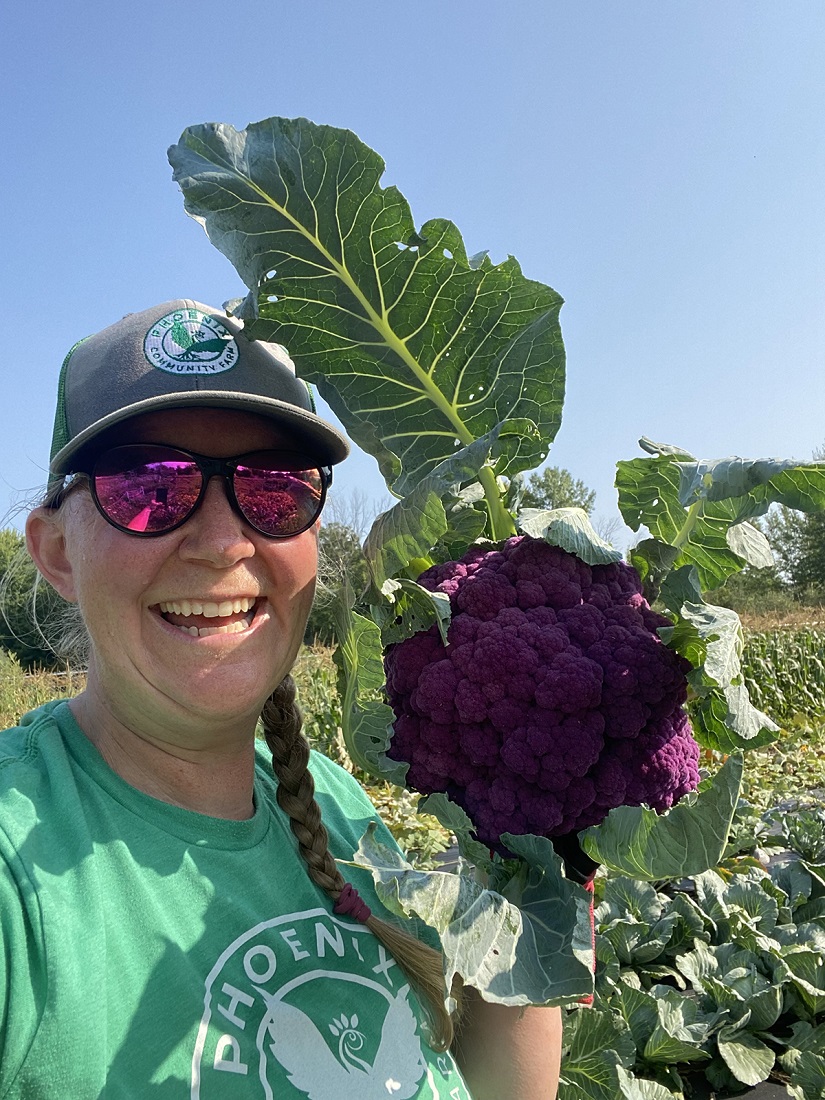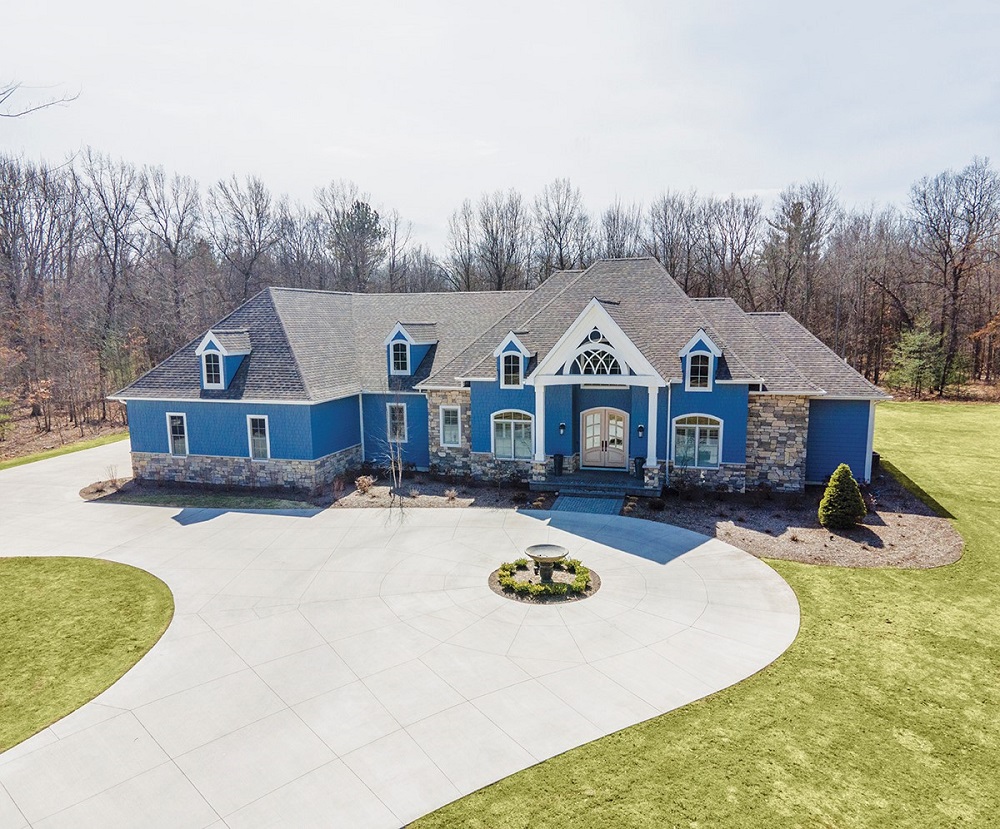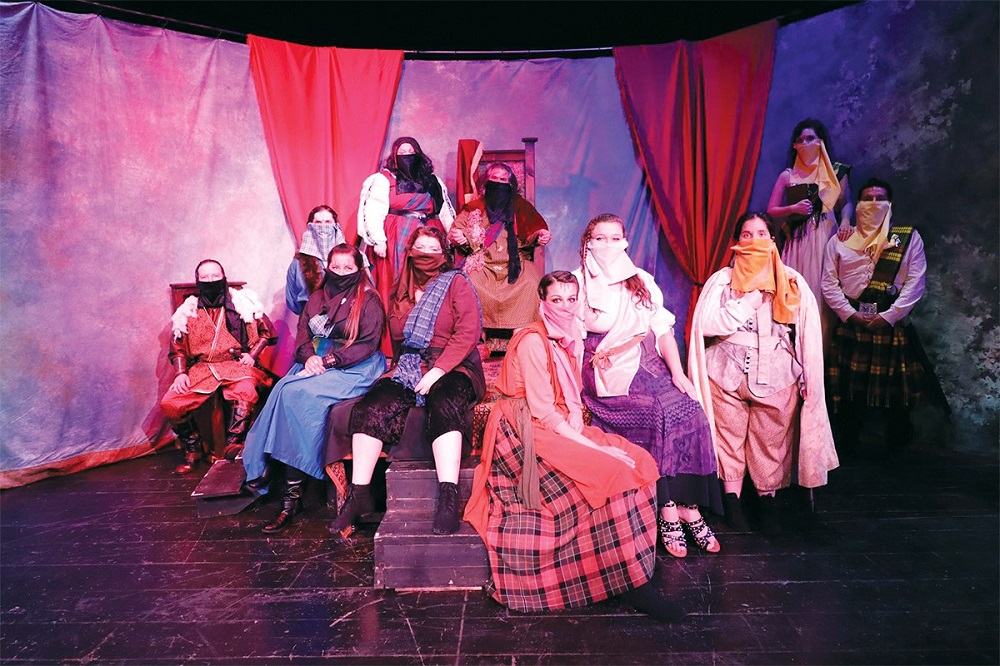WRITER | NICOLETTE CHAMBERY
PHOTO| PROJECT 111
Project 111 (pronounced one eleven) was the dream of Midland police community relations officer Chad Schieber, who wisely observed that the most effective way to improve teenage driving records is through an incentive. Rather than ticketing teens, he wanted to reward them for good driving. Even in its infancy in 2005, the concept of a safe-driving incentive program like this held tremendous appeal and potential, as it came not only from an informed source but targeted individuals at a formative point in their development.
Schieber’s untimely death in 2007 could have put an end to the dream, but his wife persisted in bringing this project — and Schieber’s dream — to life. The first thing Mrs. Schieber did was approach Midland’s chief of police, Cliff Block, to discuss the possibility of finding board members to formulate a plan to launch the project.
Chief Block helped convene a group committed to the mission to govern the budding organization, and they began to brainstorm what rewards could be used as incentives and how often they would be dispensed.
While Project 111 began with $5,000 in seed money, Schieber knew it would need more to be sustainable. One challenge for the new nonprofit was that they were an unknown. Corporations and foundations had not heard of them and were hesitant to contribute. Forging ahead, they began to enroll senior students in the two Midland city schools to create a baseline. To be considered for a reward, students would have to stay ticket-free, continue their school attendance, and maintain good standing in their community.
“We wanted to give them a reason to make a great choice,” Schieber says.
During one early meeting, the board was calculating how to manage the seed money and what caliber of rewards it could afford throughout the school year. They decided on a budget of $350 each month, until one board member gently objected, saying it wasn’t enough. “I think we need to go big or go home. I think we should be supplying an iPad a month. I will either find businesses willing to donate, or I will provide them myself,” he said. That first year, he provided every single iPad to the students whose names were drawn for the reward.
Since its launch, the board has restructured the program so that students who win the drawing may select their prize: a Go Pro, Apple Watch, or an iPad Mini. Now, both qualifying juniors and seniors from partnering schools are enrolled and automatically eligible for the drawing. Throughout the year, the organization also addresses various aspects of good driving techniques, and a $1,000 scholarship is awarded at each school at year’s end. Over 5,000 students have participated in Project 111.
As Schieber and I closed our conversation, she shared a final thought. “I was involved with Young Life for several years, and one of the principles we operated on was that mentors have to earn the right to be heard.” This program respectfully incentivizes participants while ensuring roads are safer and young drivers enjoy their newly earned licenses mindfully.
I asked Schieber one last question before we concluded our conversation: Why is the program called Project 111? “It was my husband’s badge number. It was our way of incorporating his legacy into this project for our three children.”
Project 111
2300 N Deer Valley Dr
Midland, MI 48642
Project111.org








